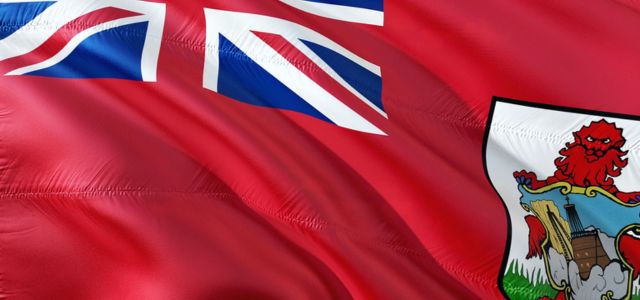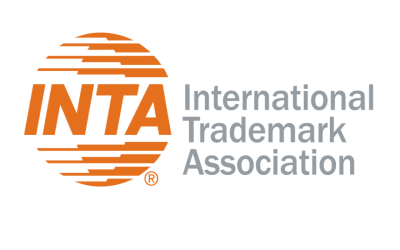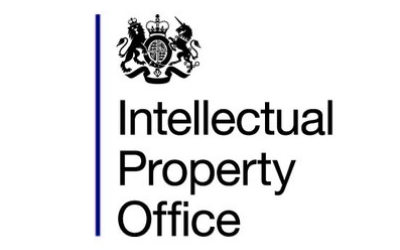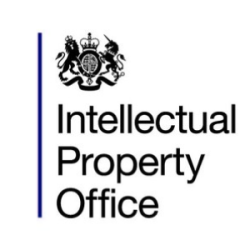The Bermuda Registry General has officially announced that the much-anticipated new trademark law, the Trade Marks Act 2023, will come into effect on January 1, 2025, replacing the Trade Marks Act 1974. The new law brings with it several significant changes to the way trademarks are managed and protected in Bermuda.
Most of the key changes represent a welcome overhaul of the outdated system, and include:
- The expansion of the types of marks that can be registered. This now includes certification marks and collective marks, as well as non-traditional marks, such as sounds and colors.
- Doing away with the requirement for identical or similar marks owned by the same proprietor in an identical or similar class to be associated. The dropping of this requirement removes the need for owners of associated marks to dissolve an association before they have the freedom to register transactions against their Bermuda trademark registrations.
- Removal of the two-part split Register system, under which trademarks could either be registered in Part A or Part B, with different rights conferred by registration under each Part. All existing trademarks are to be moved to a single Register, with any new registrations from January 1, 2025, to be entered into the newly merged single Register.
- Outlining explicitly the procedures to officially register security interests against trademark registrations and expanding the provisions governing trademark licenses.
Some new obligations are to be met by brand owners and registered agents going forward, including:
- Applicants will be required to state whether a mark is either in use in respect of the concerned goods and/or services or that there exists a bona fide intention to use the mark.
- Applicants may have the option to voluntarily disclaim elements of their trademarks on application, potentially avoiding the issuance of basic Office Action(s).
- There are a number of more explicit requirements and restrictions placed on registered trademark agents, making the need to choose carefully an experienced and knowledgeable agent to guide applicants through the new process(es) even more important.
Additional notable changes that come with the implantation of the new law are:
- A trademark will now be initially registered for a period of 10 years, after which, on application to the Registry, it may be renewed for further periods of 10 years, replacing the old system under which marks were initially registered for a period of seven years, and renewable for periods of 14 years.
- The right to re-register a UK trademark on the same basis and subject to the same conditions in Bermuda is omitted from the new law, though priority may now be claimed under the Paris Convention. The new law also provides for the designation of Bermuda as a contracting party to an international trademark registration via WIPO though, in practice, there is no current anticipated date of Bermuda’s accession to the Madrid Protocol.
- Stronger enforcement mechanisms to protect trademark owners from infringement and counterfeiting, providing for increased penalties for those found guilty of trademark infringement, as well as the ability for trademark owners to seek more substantial damages and injunctions against those acting in bad faith.
Under the transitional provisions as provided to date, any applications filed prior to the effective date of the new law (i.e., on or before December 31, 2024) will be processed by the Registry under the current law. New applications filed on or after the effective date will be processed under the provisions of the new law.
While Bermuda is also looking to revamp its patent legislation, this is still under development.
Overall, the new trademark law represents a significant step forward in the protection and management of trademarks in Bermuda. The modernized registration system, expanded scope of registrable marks, and enhanced enforcement mechanisms all contribute to a more robust and effective trademark regime that benefits businesses and individuals alike.

Written by Kate Cleary
IP Manager, HSM IP
You may also like…
COLD PALMER: lessons for athletes looking to protect their image
Modern athletes are brands. Just like traditional brands, they generate revenue through their image, licensing their...
INTA to bring its 2026 Trademark Administrators and Practitioners Meeting to Baltimore’s historic Inner Harbor
New York, New York—September 30, 2025—The International Trademark Association (INTA) is pleased to announce that it...
New Minister appointed with responsibility for intellectual property
The UK Intellectual Property Office (UKIPO) CEO has welcomed the new Minister. Kanishka Narayan MP has been confirmed...
Contact us to write for out Newsletter













